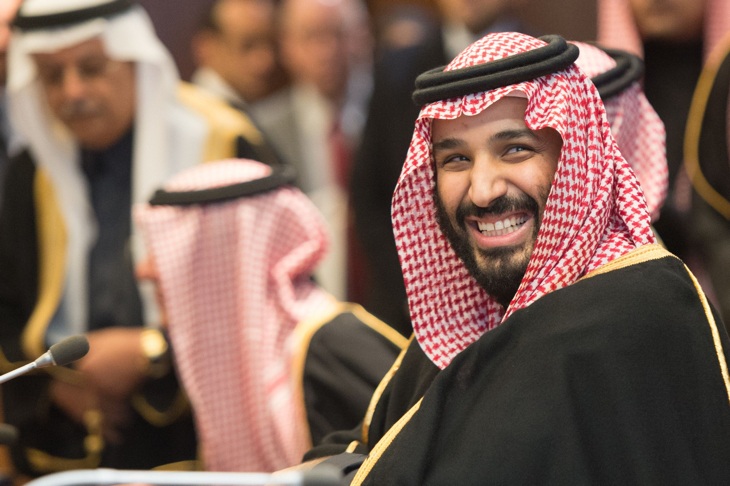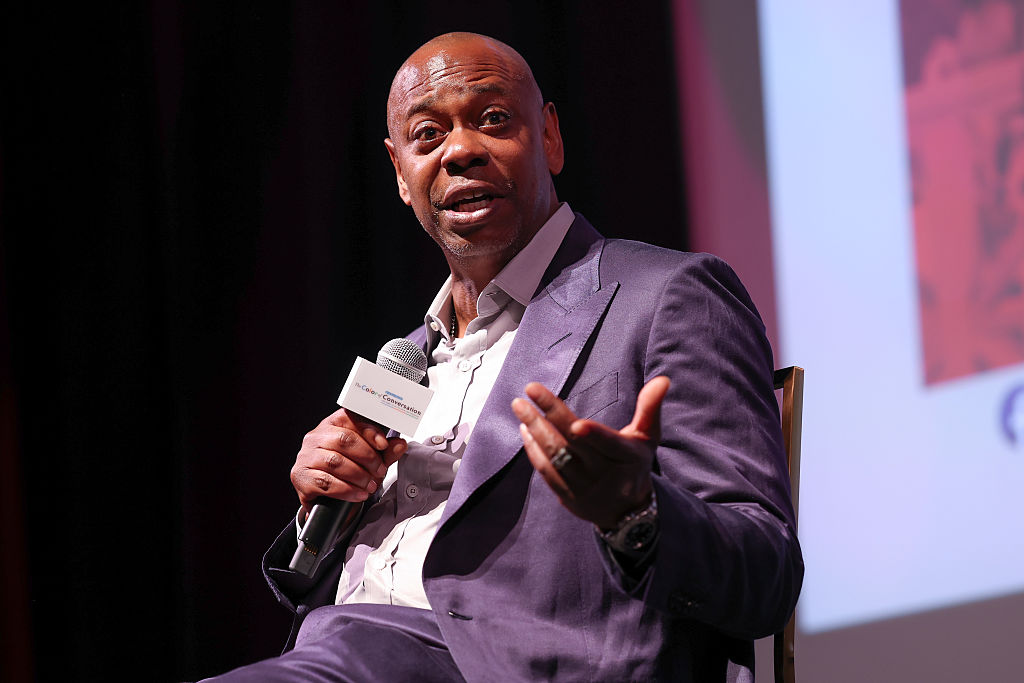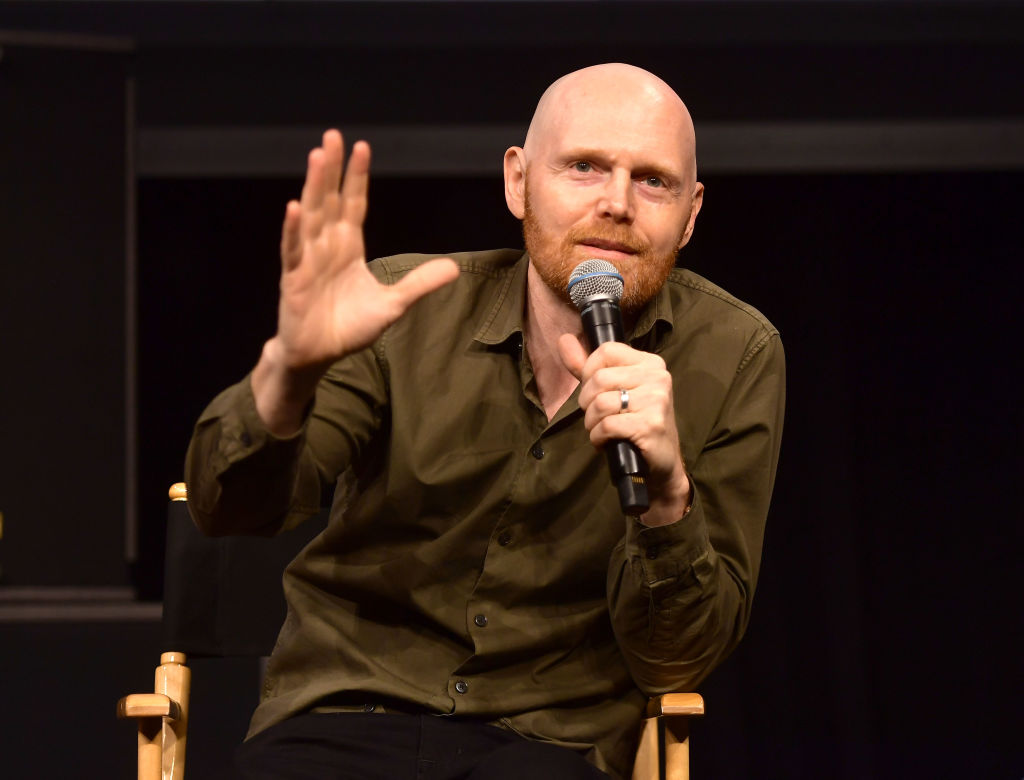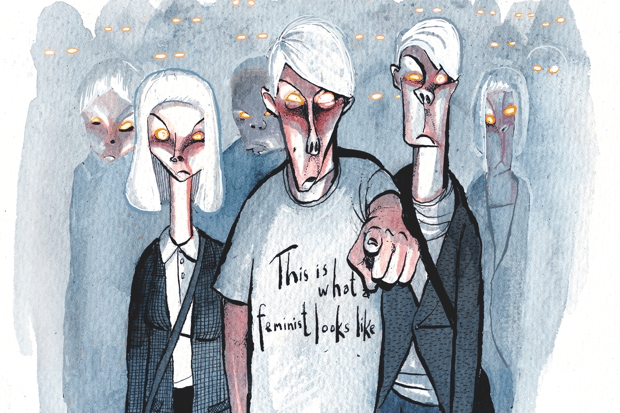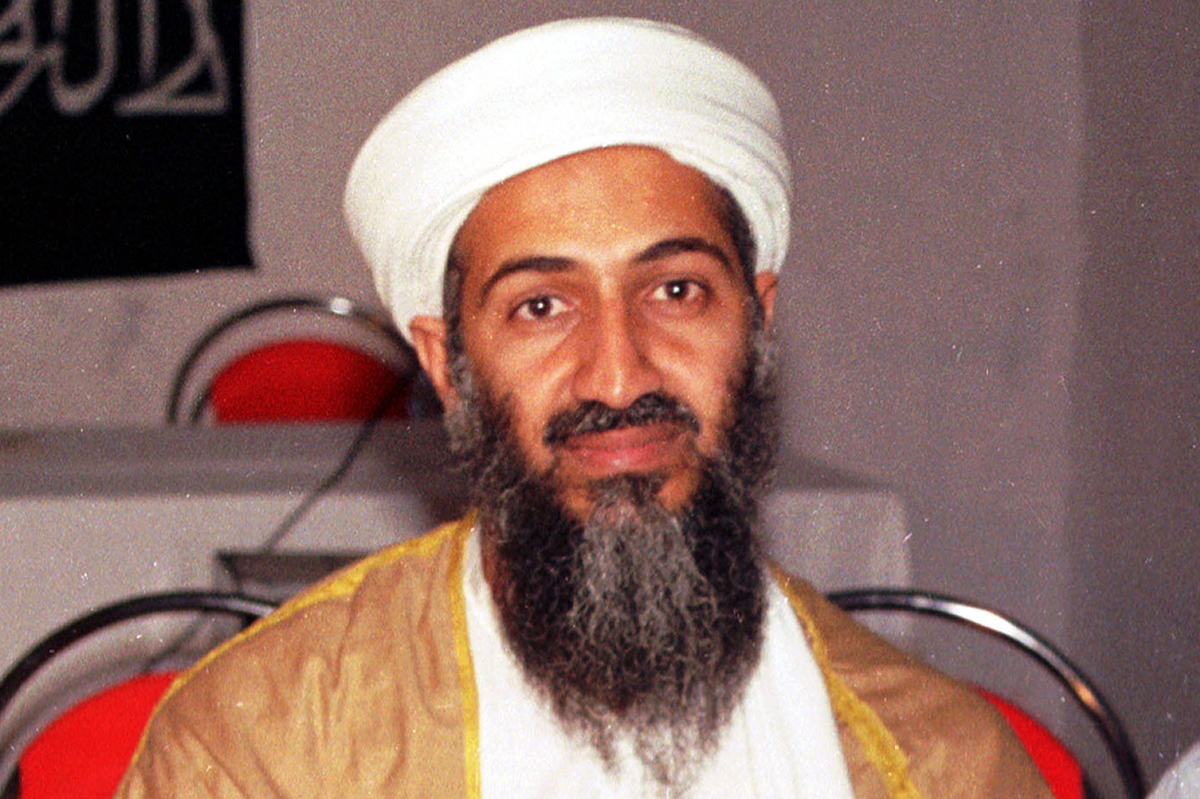It’s all relative with Saudi Arabia. Everyone who matters is related to everyone else. Even relative to the degraded standards of Afro-kleptocracy and Arab dictatorship, the Saudi state is nothing more than the al-Saud family business, plus its clerical and military appendages. And relatively speaking, the Saudis are hypocrites even by the low standards of Arab governance. They have always divided the world into those with whom they are prepared admit economic relations, and those with whom they claim not to have relations of any kind, but secretly do.
The former include Saudi Arabia’s slave class of imported servants and construction workers, oil-hungry governments. and the Western oil companies who have enriched themselves and Saudi Arabia, albeit to the inconvenience of anyone wishing to get on a plane, enter a high building, or attend a Christmas market. The latter category includes the State of Israel, the CIA, the army of Wahhabist bigots now preaching hate and murder at a Saudi-funded mosque near you, and, perhaps not coincidentally, the army of prostitutes and drug dealers who cater to the Saudi summer exodus to London.
On vacation as in everything else, Saudi Arabia is a society on the down-low. The 9/11 attacks blew the door off the closet. The whole world now knows that the Saudis have lived a double life. The pious custodians of the Two Holy Mosques have funded terrorism against the West and spread sectarian hatred. Still, they have dodged much of their liability. Apparently, we need them for our War on the Terror that they did so much to create. That relativism has not worked for us. Nor has it worked for the Saudis. Head-chopping and modesty-policing do not a domestic economy make.
Does Mohammed Bin Salman really want to bring Saudi Arabia out of the closet? Bin Salman insists that he does. But as John Bradley, a Spectator expert on the House of Saud, recently wrote, no one should expect ‘Western-style pluralism and democracy’. The best-case future might be ‘Singapore on steroids’, a hi-tech authoritarianism in which tech keeps the Sauds in power. No wonder Bin Salman kept last week’s visit to Harvard and MIT on the down-low. But why did Harvard and MIT keep it secret too?
‘Neither university publicly announced his visit in advance, and steps were even taken to cover it up,’ Griffin Peterson and Yarden Katz, affiliates of Harvard’s Berkmann Klein Center for Internet & Society, wrote in the Guardian. Harvard and MIT are two of the most politically-correct institutions on the planet. Both are in Cambridge, MA, whose only competitor for the title of most politically-correct city in the world is Berkeley, CA. Harvard and Cambridge also produced Facebook. While Americans pondered the abuse of privacy by social media, Mohammed Bin Salman was touring IBM’s Cambridge research facility. This, Peterson and Katz wrote, ‘recently partnered with MIT to form an artificial intelligence research laboratory in exchange for a $240m commitment to the university’. Bin Salman also observed a ‘demonstration’ by Boston Dynamics, an ‘MIT partner that builds robots for the US military’.
The Saudis, Petersen and Katz wrote, are conducting a ‘PR campaign’ in the US, with consultants like McKinsey rebranding Bin Salman as a ‘reformer’. While Saudi Arabia’s inept war in Yemen has killed more than 10,000 civilians and caused what the UN calls ‘the largest famine the world has seen for decades’, the soft power of hard cash is buying ‘the veneer of a progressive agenda’ from greedy universities.
Perhaps Bin Salman was shopping for more than advanced fighter aircraft and diplomatic support against Iran when he came to the US. If so, the opaque nexus of corporate money, unscrupulous universities, and foreign cash—last year, Salman bought MIT affiliation for the first of at least three payments of $250,000—will be more than happy to give him the hi-tech surveillance gear that will soften the face of Saudi authoritarianism while hardening the Saud dynasty’s grip on power.
Harvard’s website says that the university is an equal opportunity employer. Its ‘Diversity and Equality’ policies prohibits discrimination in employment on grounds of ‘race, color, religion, creed, sex, sexual orientation, pregnancy and pregnancy related conditions, gender identity, national origin, ancestry, age, veteran status, disability unrelated to job requirements, genetic information, military service, or other protected status’. MIT says the same.
Translated, this means Harvard and MIT will sell anything to anybody, regardless of the national interest, so long as the price is right. And, as last week shows, Harvard and MIT will do their best to keep their hypocrisy out of the public eye.
I was going to ask Harvard’s president, the ironically named Drew Faust, how she can reconcile this pandering to Saudi money with the university’s stated commitments to equality, freedom, ’social justice’, the environment and all the other stuff about speaking truth to power. But then I remembered that her testimony is only worth half that of a man’s, and though it best that her opinion, like her face, should remain veiled. Anyway, the squalid facts speak for themselves. So, to their credit, do Griffin Petersen and Yarden Katz.
‘When universities decide to sell themselves to the highest bidder,’ Petersen and Katz conclude, ‘they become deaf too the interests of their students and the wider societies in which they operate. Subservience to war criminals and corporate overlords tends to follow.’



